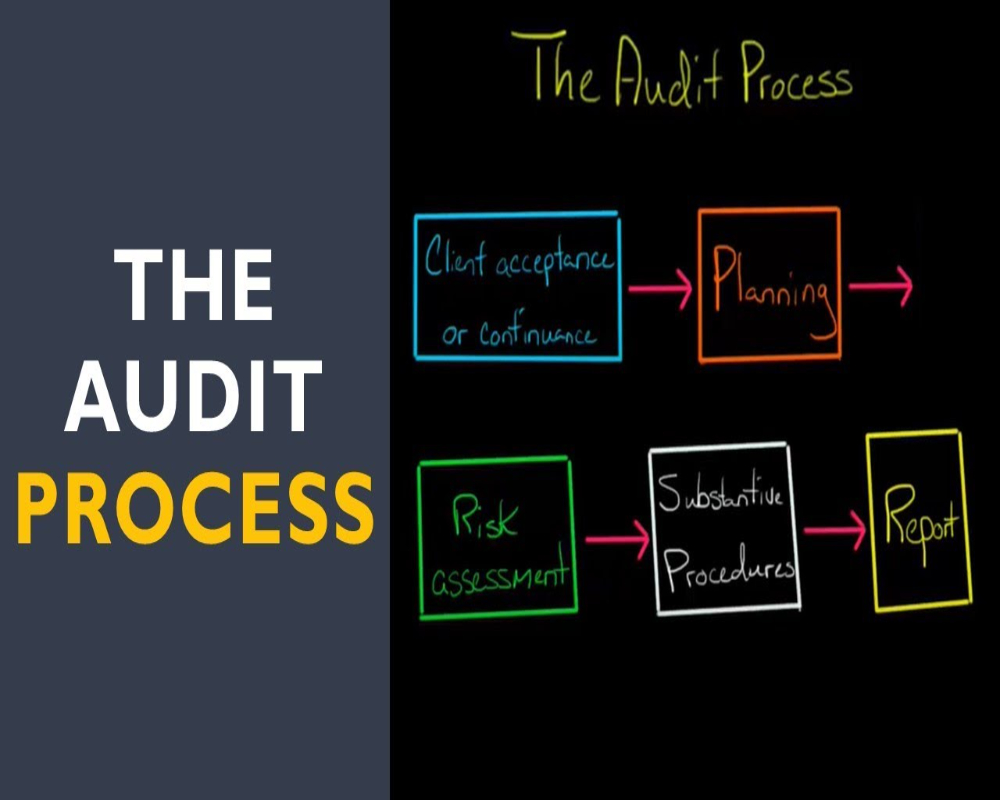Introduction
A Nidhi Company, incorporated under Section 406 of the Companies Act, 2013 and regulated by the Nidhi Rules, 2014, is a unique class of non-banking financial company that operates for the mutual benefit of its members. It primarily deals with accepting deposits and lending money among its members. Given the financial nature of its business and the public interest involved, a robust and transparent audit mechanism is essential. The audit process for a Nidhi Company is designed to ensure that financial activities are conducted legally, records are accurately maintained, and operations align with the regulatory framework. This detailed explanation outlines the key components of the audit process for a Nidhi Company in India.
Purpose and Scope of the Audit
The primary objective of auditing a Nidhi Company is to verify the accuracy and fairness of its financial statements and ensure compliance with applicable laws and regulations. The audit also evaluates internal controls, accounting practices, operational efficiency, and the financial stability of the organization. Auditors assess whether the company is functioning within the boundaries of the Companies Act, 2013, the Nidhi Rules, 2014, and other applicable financial laws. The scope extends to all financial transactions, including member deposits, loans, interest accruals, expenses, statutory reserves, and compliance filings.
Appointment of the Auditor
The appointment of an auditor for a Nidhi Company must be done by the provisions of the Companies Act, 2013. A qualified Chartered Accountant, holding a valid certificate of practice, must be appointed as the statutory auditor. The first auditor is appointed by the Board of Directors within thirty days of incorporation, and subsequent auditors are appointed by the shareholders in the Annual General Meeting. The auditor’s term, remuneration, and responsibilities are formally defined at the time of appointment. The auditor must be independent and not directly or indirectly connected with the company in any capacity that could compromise objectivity.
Types of Audit Conducted
A Nidhi Company is subject to several types of audits. Statutory audit is mandatory and is conducted annually to review the financial statements and ensure compliance with accounting standards and legal norms. Internal audit may also be conducted based on the size and complexity of the company’s operations to monitor internal processes, detect irregularities, and improve operational efficiency. Tax audit may be applicable if the company’s turnover exceeds the prescribed threshold under the Income Tax Act. In some cases, regulatory audits may be conducted by government authorities to ensure sector-specific compliance.
Examination of Books and Financial Records
The audit process begins with the examination of the company’s books of account and financial records. The auditor reviews cash books, general ledgers, journal entries, bank statements, deposit registers, loan ledgers, and statutory registers. Each transaction is tested for accuracy, authenticity, and compliance with internal policies and external legal requirements. Special attention is given to member deposits, interest calculations, loan disbursements, repayment schedules, and overdue accounts. The auditor also examines the system of recording transactions and checks whether proper accounting principles and standards are being followed.
Verification of Statutory Compliance
A significant aspect of the audit process is the verification of compliance with statutory requirements. The auditor ensures that the company has met all filing deadlines for forms such as NDH-1, NDH-3, AOC-4, MGT-7, and ITR-6. The auditor checks whether the company has maintained the required number of members, net owned funds, and the prescribed deposit-to-fund ratio. Compliance with the maintenance of statutory reserves and investments in unencumbered term deposits is also verified. If the company has failed to comply, the auditor reports the lapses in the audit report and advises corrective action.
Audit Report Preparation and Certification
After the audit, the auditor prepares a detailed audit report. This report contains the auditor’s opinion on whether the financial statements present a true and fair view of the company’s financial position. It highlights any discrepancies, non-compliance, or irregularities observed during the audit. The report includes comments on internal controls, accounting systems, and the company’s adherence to financial regulations. The audited financial statements, along with the auditor’s report, must be approved by the Board of Directors and submitted to the Registrar of Companies as part of the annual compliance process.
Role of Directors and Management During Audit
The company’s directors and management play a vital role during the audit process. They are responsible for preparing the financial statements, maintaining proper books of account, and making all relevant documents available to the auditor. Management must cooperate with the audit team, respond to queries, and implement recommendations made by the auditor. The Board of Directors must review the audit findings and ensure that necessary corrective actions are taken. They are also required to approve the financial statements and present them before the members in the Annual General Meeting.
Consequences of Audit Non-Compliance
Failure to conduct a proper audit or address audit observations can lead to serious consequences for a Nidhi Company. These include monetary penalties, disqualification of directors, revocation of Nidhi status, or even prosecution in cases of financial misreporting or fraud. An adverse audit report can damage the company’s reputation and erode member confidence. Therefore, Nidhi Companies must treat the audit process with the seriousness it deserves and ensure full compliance with all recommendations and statutory requirements.
Conclusion
The audit process for a Nidhi Company is a critical mechanism for ensuring financial transparency, regulatory compliance, and operational accountability. It protects the interests of members, safeguards public funds, and reinforces the integrity of the company’s governance. From the appointment of a qualified auditor to the preparation of accurate financial statements and timely reporting, every stage of the audit process contributes to the lawful and efficient functioning of the company. For a Nidhi Company to maintain trust, legal standing, and financial sustainability, a well-conducted and fully compliant audit process is not only necessary but essential.
Hashtags
#NidhiCompany #AuditProcess #FinancialAudit #NidhiAudit #Compliance #CorporateGovernance #FinancialRegulations #AuditTrail #InternalControls #RiskManagement #FinancialStatements #Transparency #Accountability #NidhiRegulations #CompanyAudit #FinancialHealth #AuditChecklist #BusinessCompliance #NidhiFinance #AuditReport #FinancialIntegrity #NidhiManagement #AuditBestPractices #NidhiCompanyAudit #FinancialReview


0 Comments